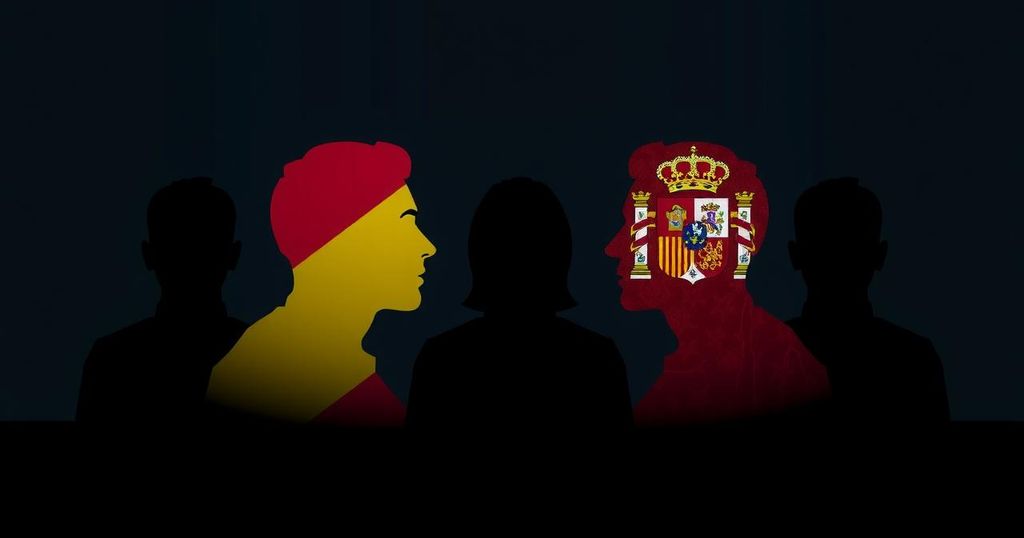Criticism Mounts for Lula and Sánchez Over Ties to Maduro Amid UN Assembly
Brazil’s President Lula and Spain’s Prime Minister Sánchez faced criticism for their ties to Nicolás Maduro while attempting to highlight global threats from far-right movements at a UN assembly. Their avoidance of the Venezuelan crisis and lack of support for opposition claims have drawn backlash, particularly amidst accusations of complicity in Maduro’s regime. This delicate balancing act raises questions about their commitment to democracy and accountability on the global stage.
During the recent United Nations assembly, Brazilian President Luiz Inácio Lula da Silva and Spanish Prime Minister Pedro Sánchez faced criticism for their ties to Venezuelan leader Nicolás Maduro while attempting to emphasize threats posed by far-right movements. Despite staging a pro-democracy event, both leaders overlooked the ongoing Venezuelan crisis and avoided mentioning Maduro, which raised concerns among critics. Chile’s President Gabriel Boric urged fellow leaders to prioritize democratic values over political affiliations, calling out Maduro alongside other controversial figures like Israel’s Benjamin Netanyahu and Nicaragua’s Daniel Ortega. Notably, Lula and Sánchez have refrained from recognizing the controversial election claims made by opposition candidate Edmundo González Urrutia, raising questions about their commitment to democratic principles in Venezuela. Furthermore, Sánchez’s recent governmental agreement allowing González Urrutia’s asylum in Spain has sparked backlash, particularly over accusations that it facilitated Maduro’s continued authority. Both leaders’ diplomatic approaches have been scrutinized, especially after recent repressive actions by the Maduro regime, which ignored calls for electoral transparency from Lula and other regional leaders. Amidst the criticism, Lula and Sánchez are shifting focus toward global challenges, particularly the implications of a potential Donald Trump reelection for democracy worldwide. Their joint event aimed to address misinformation and promote democratic institutions, seeking to build coalitions against rising far-right ideologies, though both leaders continue under the shadow of their associations with Maduro’s administration.
The article discusses the political dynamics involving Brazilian President Lula da Silva and Spanish Prime Minister Pedro Sánchez concerning their relationships with Venezuelan leader Nicolás Maduro amidst ongoing criticism of his government. Maduro’s regime faces allegations of severe human rights violations and democratic erosion following a disputed election. Lula and Sánchez’s reluctance to openly criticize Maduro or acknowledge the claims of opposition figures generates scrutiny of their political motives, particularly in light of their participation in a UN event focused on promoting democracy and countering misinformation. The actions and agreements that have emerged, especially regarding asylum for dissenters, highlight the complexity of leftist politics in relation to authoritarian regimes.
In conclusion, the participation of Brazil and Spain’s leaders in a UN gathering focused on democracy contrasts sharply with their evasive stance on the humanitarian crisis in Venezuela and their ties to Maduro. The ongoing repression in Venezuela, coupled with international expectations for democratic advocacy, complicates their political positions. As they shift attention to global democratic challenges, the pressure mounts for them to reconcile their foreign policy choices with a consistent commitment to democratic principles, especially regarding Venezuela.
Original Source: www.batimes.com.ar




Post Comment